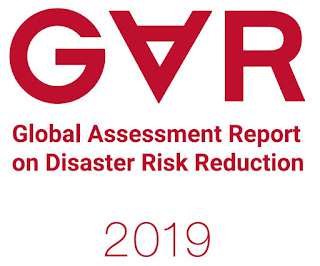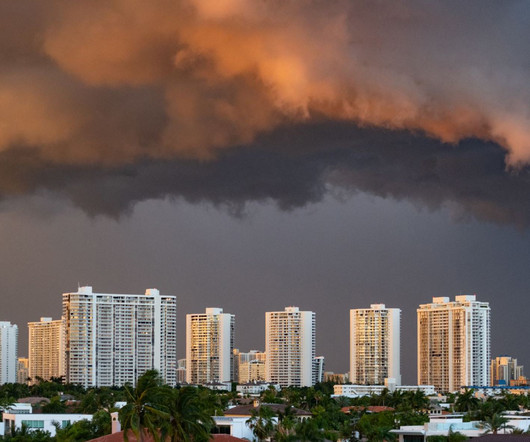The 2019 Global Assessment Report (GAR)
Emergency Planning
MAY 30, 2019
The United Nations International Strategy for Disaster Reduction was born out of the International Decade for Natural Disaster Reduction, 1990-2000. On 1 May 2019 it was renamed the UN Office for Disaster Risk Reduction. Unofficial voices have suggested that the 'cure to damage ratio' for natural hazards is 1:43.













Let's personalize your content